Review of Karol: A Man Who Became Pope
Introduction
There are not many religious leaders who are instantly recognisable all over the world. Pope John Paul II was one such leader, and one who finally lost his life earlier this year. Elected in 1978, he reigned as Pope for 25 years and was the first non-Italian Pope since the 16th Century. A mainly popular figure on the world stage, he never really recovered from an attempt on his life by Turkish gunman Mehmet Ali Ağca and his latter years were marked by declining health.
Born in Wadowice, Poland in 1920 as Karol Józef Wojtyła, the future Pope was a student at the Jagiellonian University in Kraków which is where this film begins. When the Nazi`s invade Poland in 1939, the new conquerors close down the University and arrest all the leading academics. The Nazi`s believed that Poland had no culture and treat the Poles with contempt. Karol (Piotr Adamczyk) and his friends form an underground theatre to keep the Polish culture alive, a move that puts them in great danger. During this time, Karol discovers his calling from God and joins the priesthood.
Towards the end of the war, the hope that the occupation is over is shattered as one conquering nation is replaced by another. A hope of a new Poland is dashed by the arrival of Soviet troops and the relentless oppression of Communism. Despite the disapproval of religion from the Soviet government, the Church is allowed to continue its practices in a bid by the Soviets to persuade the outside world that Poland is a free state. The Church is kept under close watch though, and one man in particular is keeping a very close eye on Karol Wojtyła, seeking evidence that the Pole is encouraging subversion against the Soviet state.
This evidence was never found though, and Karol found his influence growing outside as well as inside his native country. In 1958 he became the youngest Bishop in Poland and just five years later was elevated to Archbishop of Kraków, and eventually became a Cardinal in 1968. In 1978, the newly elected Pope John Paul I died after a 33 day reign and Karol was elected as a compromise candidate, a move that sent morale in Poland soaring.
And here`s where the story ends. At least in terms of this film…
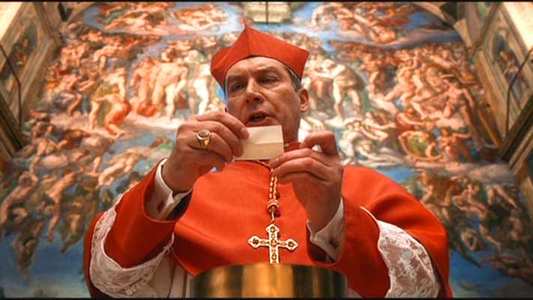
Video
Good solid picture. The few special fx during the World War II section of the story are clearly CGI and not that spectacular, but can be forgiven as this was clearly made for TV.
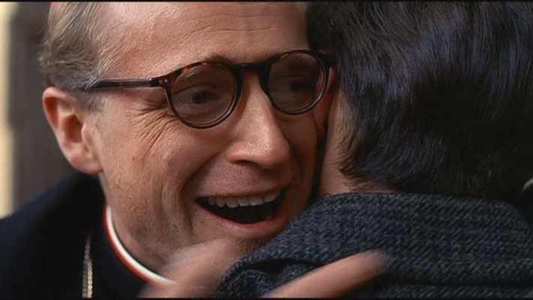
Audio
Soundtracks available in English and Polish, a lot of subtitle options too. Music is composed by Ennio Morricone and, while good, just feels a little over the top at times. Of course, considering the story being told and the importance of the man, maybe that is to be expected.
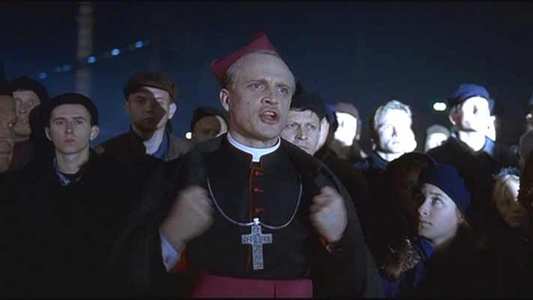
Features
None.
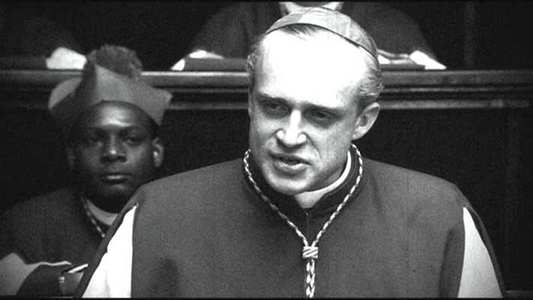
Conclusion
I didn`t really know what to expect from this film when I first got it. I assumed, wrongly, that it would be a retrospective documentary on the life of the Pope. I also assumed it would have been produced this year. Couldn`t find anything on IMDb either, which is a little odd, particularly since I later discovered that this is a pan-European TV production that was made in 2002.
At three hours it is definitely on the long side, but even within those three hours it tends to stick with only two periods of his life. The first is the German occupation of Poland and then the second is life under the Russians. The latter part of the film jumps quite a bit, but then it is covering over 30 years of the man`s life. I did find on one website that this film is meant to last four hours, so cuts may explain why it seems to jump so much. There are short snippets that don`t seem to go anywhere, and also big jumps in the narrative that can seem a little confusing at times.
The script is definitely on the over-emotive side. A lot of the dialogue errs on the side of pronouncement, particularly when Karol Wojtyła is speaking. The story is an important one, make no mistake, but the script does tend to get bogged down by some of the dialogue. Despite this, the performances are good and the narrative interesting.
A good summary of the life of possibly the most influential religious figure in a long time, but maybe only for the most patient viewers…
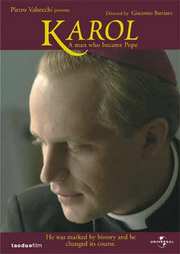




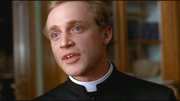
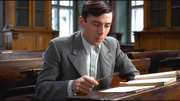
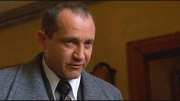
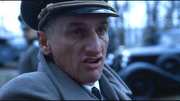
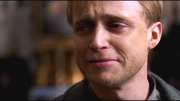
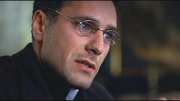
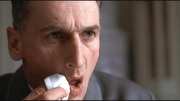
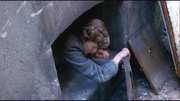
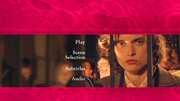



























Your Opinions and Comments
Be the first to post a comment!